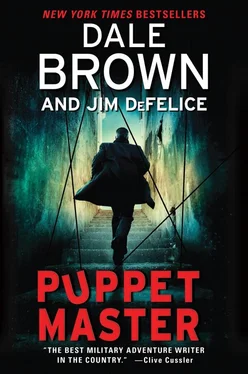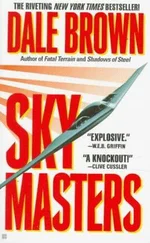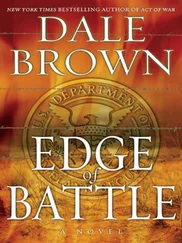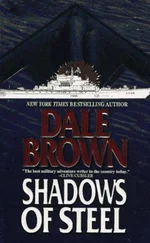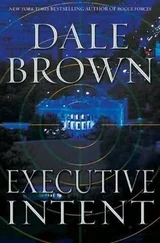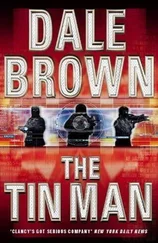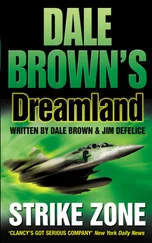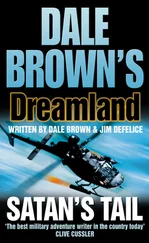It was a joke, really. He’d indulged in a series of ho’s for as long as she could remember — his various attempts at being discreet had grown pathetic over the years — and Borya was fairly certain that such a practice would have originated before her mom’s death. How could you cheat on a person and venerate them at the same time? But he definitely venerated her now. The house was practically a shrine to her, with photos everywhere.
There was a certain resemblance between mother and daughter, as visitors often remarked. Borya focused on the differences — her own raven hair cut short and brushed back, tattoos on both her arms, baggy boy clothes in sharp contrast to the gowns and long skirts her mom wore in most of the photos.
Borya chained her bike against the railing of the Starbucks where she’d stopped, then walked around the side to go into the store. She ordered a venti cappuccino — a two-week-old habit — and gave the clerk a rewards card.
He looked at it suspiciously. Borya’s breath caught. The card was bogus, bought online for a fraction of its supposed value.
Did he know it? Was he going to call the cops?
She could get out of the shop easily enough, but it would mean leaving her bicycle behind.
“Your strip’s peeling off,” said the clerk. “You should get another one.”
“I, um.” Borya’s mouth was dry. “There’s still money on it and, uh, it’s really my dad’s. So—”
“I can transfer it if you want.”
“Uh… sure.”
The clerk tapped his fingers across the cash register, whizzing the card and a new one through the reader on the register. Borya felt frozen, worried that it was a trap.
“Fifty-five dollars and twenty-five cents left,” said the clerk, handing her the new card. “Your dad likes his coffee, huh?”
“Lattes,” said Borya weakly. Then she had an inspiration. “Can I have the old card?”
“It’s worthless now.” He had it in his hand, flexing it.
“Yeah, but, my dad — I have to show it to him…”
“Control freak, huh?”
“Anal.”
He handed it back to her. “Nothing on it now. It’s voided out.”
“Thanks.”
Borya’s chest didn’t unclench until she was outside the store. Loading cards up with bogus money was a silly game, easily discovered if the chain’s security people put their minds to it. Disposing of the evidence was the best strategy.
Transferring balances from card to card — that was something she’d never considered. Did that make it more or less likely she’d be caught?
Borya hung the bike chain around her neck and walked the bike away, coffee in hand. The possibility of getting caught, the rush of having escaped — it was better than any drug, certainly better than the vodka she snuck from the liquor cabinet.
She passed the bank. There was someone at the ATM just outside the lobby door.
Good, thought Borya, spying a bench a short distance away. I’ll drink the cappuccino while I’m waiting.
It was only after chaining the bike and sitting down that she realized she had forgotten to put any sugar in. She decided she would drink it anyway, as a matter of discipline.
I have to work on keeping my head straight, Borya told herself, taking a bitter sip. Panicking is the easiest way to get caught.
Cambridge, Massachusetts
8:00 p.m.
Chelsea dug into the suitcase and pulled out a case about the size of a cigar box.
“These are small UAVs or drones that can stay aloft for eight hours,” she said. “We can use them to trail a suspect.”
“They look like birds,” offered Jenkins from his spot by the truck. They were in the parking lot of an abandoned warehouse, a spot chosen not so much for its seclusion but for its almost perfect location, equidistant between four of the five ATMs they were going to watch.
“That’s the idea. We call them Hums. It’s short for hummingbirds —not my idea,” Chelsea added quickly.
“These can fly?”
“Uh-huh. Once I assemble them.”
Chelsea snapped a pair of wings onto the small mech, secured them, then walked a short distance from the van.
“If it comes toward you, duck,” she told them.
It was a joke, but they had no way of knowing. Which made it even funnier — to her, at least.
Chelsea tossed the UAV upward. Suddenly the wings flapped to life, and the small robot began to fly in a circle around the lot. It was programmed to move in an ever-widening upward spiral until it reached three thousand feet; there it would await commands from a transmitter Chelsea had also brought along.
About half again as big as a hummingbird, the Hums were propelled by their wings, which moved up and down at a rate that could approach sixty beats a second, depending on wind conditions. That was slower than a hummingbird, but not by much; the flying mech glided more than a bird would, reading the wind current and adjusting as necessary. It wasn’t particularly fast — the theoretical limit was twenty knots, though in real-world tests the fastest it had achieved was sixteen.
“It’s not quick, so I don’t think we can follow a car once it’s out of the city,” she told the two FBI agents as she walked over to them. “But we can get a good picture of the license plate.”
“That’ll be enough,” said Jenkins.
Chelsea took another from the case. “We only need four to cover the entire area. They’ll stay aloft for about eight hours, depending on the wind. I do have to recover them. They’re expensive.”
“Can I touch it?” Flores asked.
“Of course.”
He extended his hand gingerly, as if the Hum had been a real bird.
“It’s made out of a carbon fiber compound and a kind of glass,” explained Chelsea. “It’s stronger than it seems.”
Flores held it at arm’s length while Chelsea explained some of its features. There was an infrared camera attached in the forward area, about where a bird’s chin would be; this supplemented the guidance sensors located in the upper portion of the head. Unlike an autonomous robot like Peter, the Hum relied on a remote control station to direct it; it couldn’t make decisions on its own. The control unit had a preprogrammed mode for general maneuvers and unguided transport. In other words, it could be told to fly the Hum to a specific point at a specific time, hover there for x minutes, then fly to another point; it would cover that on its own. It could also be told to look for certain events and sound an alert, a function of particular value here.
Smart Metal had far more capable robots, but Chelsea had chosen these because they were readily available and she was very familiar with the control unit. They were also commercial models; losing one would not be a big deal, aside from the cost.
Chelsea launched the others in quick succession, then took the control unit into the van and plugged it into the power strip that ran along the bench at the side. While it booted up, she went back to the company pickup truck and took out the antenna assembly, a pair of inside-out umbrellas and whip array that looked a little like the business end of an anorexic devil’s pitchfork. Once they were attached to the roof of the van with the help of suction cups and clamps, Chelsea connected a thick cable to their mounts and ran it into the control unit.
“I divided up the watch area into quadrants,” she told Jenkins and Flores. “It covers the whole area under surveillance.”
“How do we fly them?” Flores asked, pointing at the controller. It looked like a bad marriage between a joystick and a laptop. The seventeen-inch-screen was ultra-high def, in sleek glass, and pretty much looked like something you’d see on any high-end laptop.
Читать дальше
